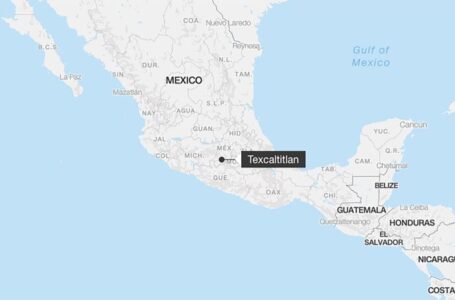School bullies have moved online. But is banning all under-16s from social media really the answer?
Post-audits and CARs: The enforcement of taxable gifts


This time of the year marks the peak of giving and receiving gifts among friends and family. As a tax professional, I have often wondered: “Are all gifts subject to donor’s tax?” and “Are all transactions that are subject to donor’s tax gifts?” These are the questions taxpayers ponder when applying for a Certificate Authorizing Registration (CAR) for share sale transactions.
Under the Philippine Tax Code, in case property (other than real property) is transferred for less than adequate or full consideration, the amount by which the fair value has exceeded the consideration is deemed a gift and subject to donor’s tax. An exemption is provided where the transfer is made in the ordinary course of business (e.g., bona fide, at arm’s length, and free from donative intent), in which case consideration will be recognized as adequate.
In determining whether a transaction is made in the ordinary course of business, there are no clear-cut guidelines as to what factors or conditions would qualify transactions as bona fide, and free from donative intent. As for the arm’s length requirement, it was clarified under Revenue Memorandum Circular 30-19 that the determination of whether the sale of shares of stock not listed and traded in the stock exchange is done at arm’s length is a question of fact and not of law. Since an arm’s length transaction is a question of fact, it therefore behooves the party seeking to apply the exception to prove that indeed the sale involves no irregularity between unrelated and independent parties.
This would require presentation and reception of reasonable evidence to prove that the sale of the shares is without intent to evade tax and defraud the government (of the tax due thereon). The evidence that should be presented should be viewed in accordance with its relation and relevance to the transaction on a case to case basis.
The Bureau of Internal Revenue (BIR), in some of its rulings, has mentioned that the issuance of a CAR is a ministerial duty, when it appears that the share sale transaction is a bonafide sale and the corresponding capital gains tax and documentary stamp tax were shown to have been paid.
In an application for a CAR, once it is determined that the sale of shares is done for less than adequate or full consideration, the BIR usually requires that the corresponding donor’s tax be paid prior to the issuance of the CAR. If the taxpayer takes the position that the transaction is made in the ordinary course of business (hence not subject to donor’s tax), this usually prolongs the process of securing the CAR since additional supporting documents and information are usually requested to support the taxpayer’s claim. Notwithstanding the fact that donor’s tax is a liability of the seller, the delay in resolving the issue impacts the buyer since the absence of the CAR also defers the transfer of the legal title after the consummation of the transaction from the seller to the buyer.
Usually, a comparison is made by the BIR between the consideration and book value of the shares transferred. Under the current regulations, the book value based on the latest available audited financial statements prior the date of sale, but not earlier than the immediately preceding taxable year, is considered the prima facie fair market value of the shares of stock. In case of contrary evidence of the fair market value, this may necessitate further review which consequently prolongs the issuance of the CAR.
Should the determination of whether a transaction is subject to donor’s tax delay the issuance of a CAR? Comparing the CAR application process in cases where the consideration is at less than book value with CAR applications covering a tax-free exchange, the latter scenario’s CAR is usually issued upon submission of the required documents and stating in the CAR application letter that the transaction involved is a tax-free exchange under Section 40(C)(2) of the Philippine Tax Code. Fortunately, securing a confirmatory tax-free exchange ruling prior to the issuance of a CAR is no longer required. The recent changes to the tax rules provide that following the issuance of the CAR, the tax-free exchange transaction is subject to a post-audit. In fact, in case it is found during the audit that the transaction is subject to tax, it does not invalidate the CAR previously issued for the transfer.
Perhaps the same conduct of post-audits can be done for transfers at less than adequate or full consideration as a better approach in the processing of a CAR. In this case, the CAR may be issued to the buyer while the liability of the seller to the donor’s tax may be settled separately under a post-audit of the transaction. This affords the buyer the opportunity to mark the end of the transaction and look forward to beginning new ones to further stimulate our economy.
The views or opinions expressed in this article are solely those of the author and do not necessarily represent those of Isla Lipana & Co. The content is for general information purposes only, and should not be used as a substitute for specific advice.
Marvin Joseph Manuel is a manager at the Tax Services department of Isla Lipana & Co., the Philippine member firm of PricewaterhouseCoopers global network.











